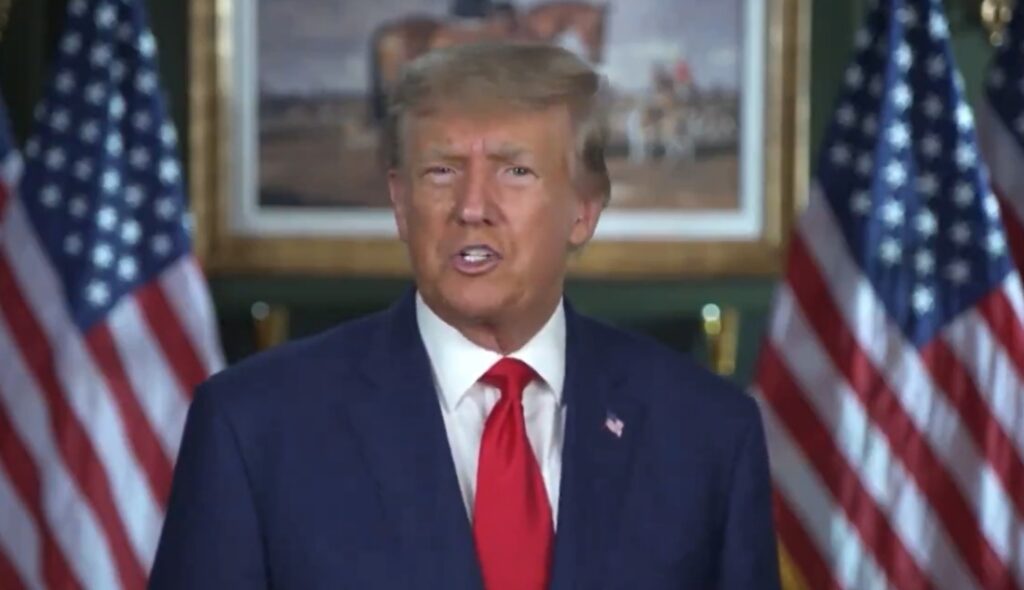On Thursday, CNN legal expert Elie Honig thoroughly dismantled The New York Times’ latest piece targeting former President Donald Trump’s ongoing legal battles. The Times op-ed, written by Leah Litman, a professor at the University of Michigan Law School, criticized the Supreme Court’s handling of Trump’s immunity case and suggested political maneuvering was involved.
Litman accused the Supreme Court of a slow response to Trump’s immunity case, claiming an unusual delay. She argued that the eight-week interval between the court’s agreement to hear the case on February 28 and the scheduling of oral arguments at the end of April was excessively long, considering the urgency she attributes to the case. However, her perspective overlooked the standard procedural timelines the Court often adheres to in complex cases. (see video below)
She wrote:
For those looking for the hidden hand of politics in what the Supreme Court does, there’s plenty of reason for suspicion on Donald Trump’s as-yet-undecided immunity case given its urgency. There are, of course, explanations that have nothing to do with politics for why a ruling still hasn’t been issued. But the reasons to think something is rotten at the court are impossible to ignore.
On Feb. 28, the justices agreed to hear Mr. Trump’s claim that he is immune from prosecution on charges that he plotted to subvert the 2020 election. The court scheduled oral arguments in the case for the end of April. That eight-week interval is much quicker than the ordinary Supreme Court briefing process, which usually extends for at least 10 weeks. But it’s considerably more drawn out than the schedule the court established earlier this year on a challenge from Colorado after that state took Mr. Trump off its presidential primary ballot. The court agreed to hear arguments on the case a mere month after accepting it and issued its decision less than a month after the argument. Mr. Trump prevailed, 9-0.
Nearly two months have passed since the justices heard lawyers for the former president and for the special counsel’s office argue the immunity case. The court is dominated by conservatives nominated by Republican presidents. Every passing day further delays a potential trial on charges related to Mr. Trump’s efforts to remain in office after losing the 2020 election and his role in the events that led to the storming of the Capitol; indeed, at this point, even if the court rules that Mr. Trump has limited or no immunity, it is unlikely a verdict will be delivered before the election.
Honig, however, did not agree with Litman’s insinuations and countered them with a dose of reality. “I respectfully dissent from that view. I do not think something’s necessarily rotten or erroneous or out of the ordinary,” Honig said during a network segment on Friday while addressing the timeline concerns head-on.
“Watergate was a different era. The Supreme Court just doesn’t function like that anymore. And Watergate involved a sitting president under an active criminal investigation,” he explained. Honig went on to argue that the high court’s schedule is typical while noting that the Trump immunity case was also the last one that was argued during the current term. He also pointed out that decisions almost always come in flurries in late June or even early July.
“Everyone relax. We are going to have this opinion within maybe tomorrow, maybe within a week, but sometime really soon.” Honig also shifted the focus to the Department of Justice, which took two and a half years to charge Trump. “If you want to vent at somebody, look at DOJ,” he said, not the Supreme Court, which is handling the case in a matter of months.
WATCH:



